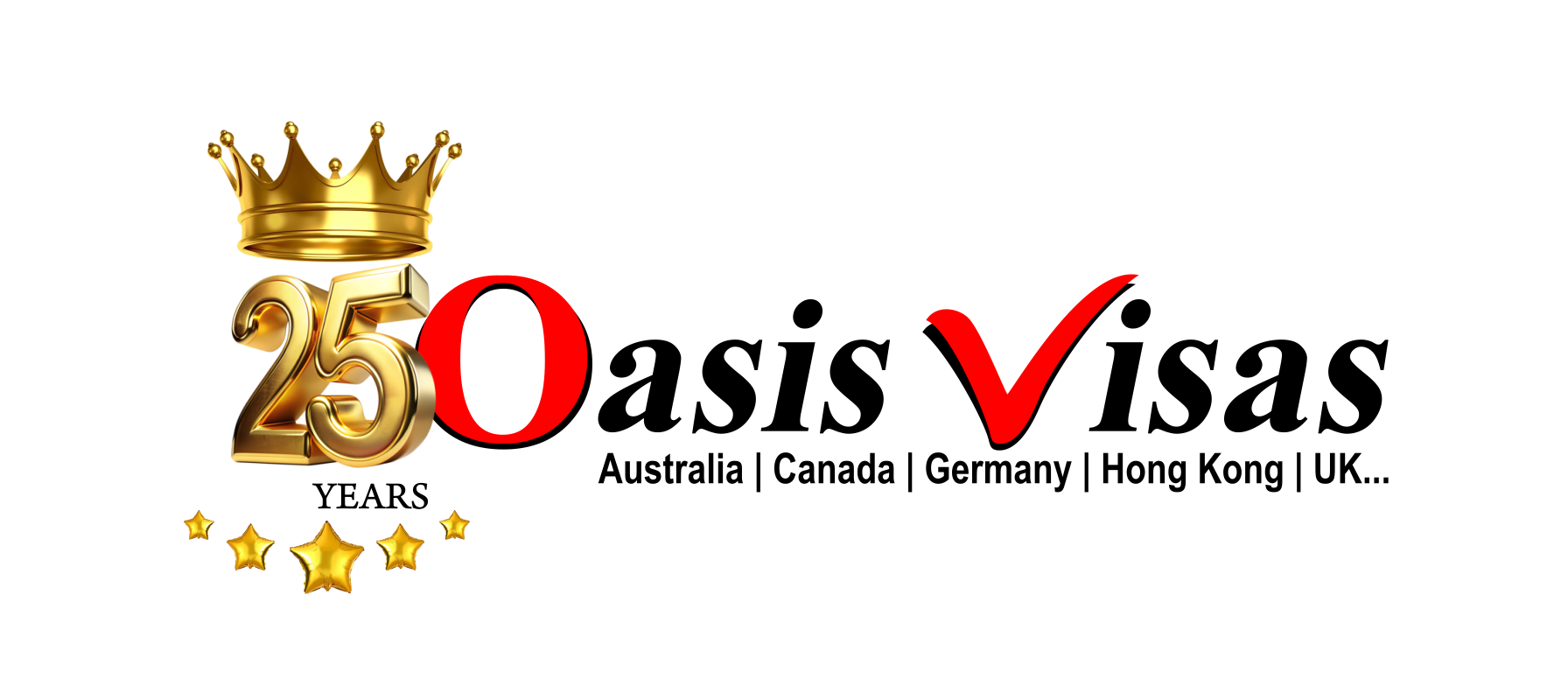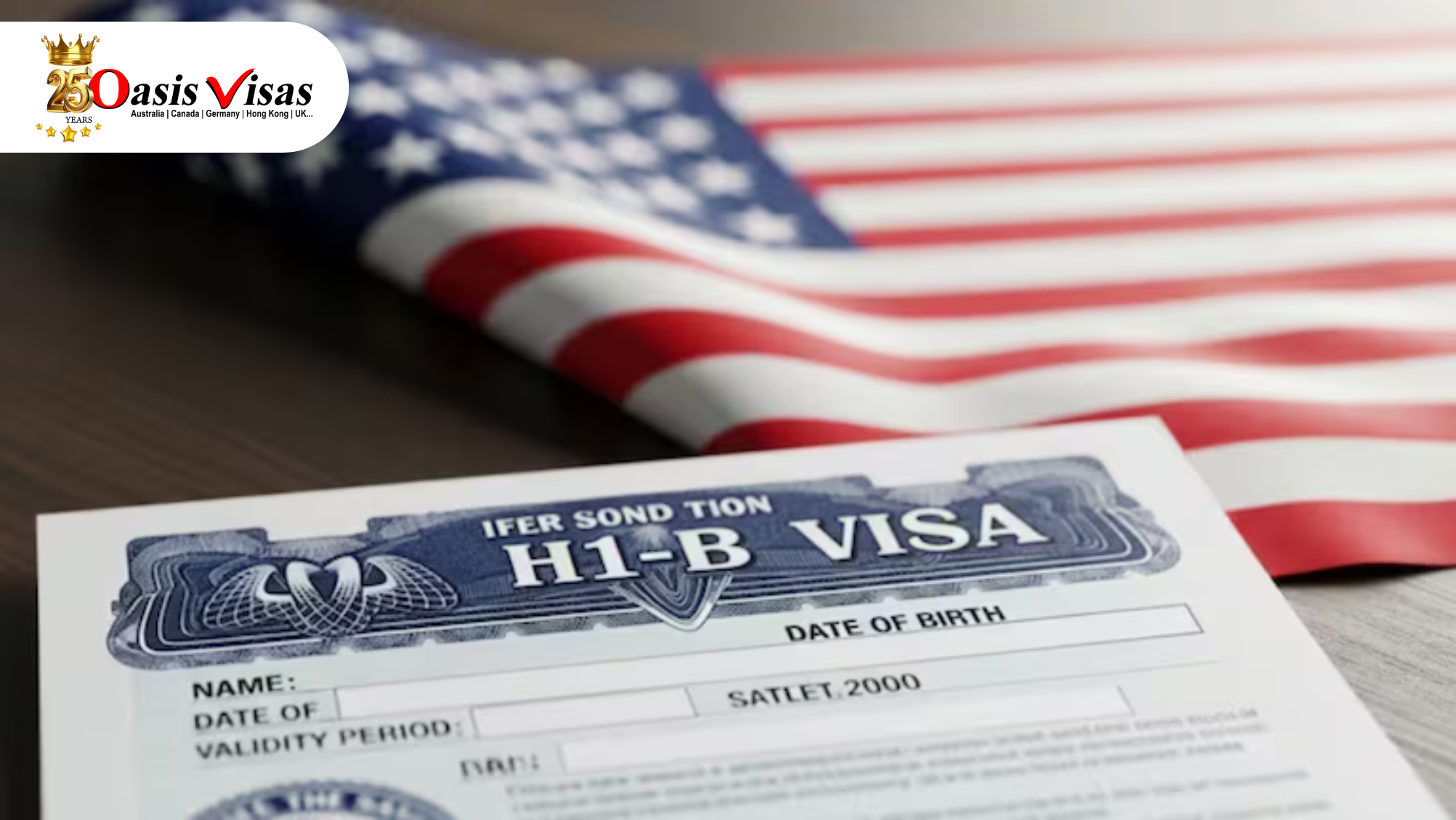On September 19, 2025, President Donald J. Trump signed a proclamation thereby hiking the fees of H1B visa to $100,000. This has made it difficult for American firms to import high quality talent from abroad to the USA. Even though the change doesn’t affect the current visa holders yet it negatively affects the chances of thousands of H1B visa aspirants. The people under H1B visa are majorly highly talented tech specialists and are sought after by most of the world. It is no wonder that many countries like Canada have seen an opportunity generated due to US visa fee hike for attracting such high tech talent.
On September 27, 2025 at the end of 2025 Global Progress Action Summit, Prime Minister Mike Carney made comments indicating that Canada is preparing to enact immigration laws that will attract talent impacted by H1B visa. Stating that Canada’s strategy is to get that talent that would have otherwise gotten H1B visa, PM Carney called upon Canada to make laws to attract these people.
Even though PM Carney openly talked about the possibility of attracting tech talent affected by US H1B visa fee hike at the Global Progress Action Summit, it was not his time speaking on the matter. On September 22, 2025, during a speech given in front of Council of Foreign Relations, New York, PM Carney commented on the same issue adding that most of Canada’s research and tech talent goes to the US for work. He was optimistic that with the H1B visa fee hike, he will be able to arrest the loss of tech talent and retain some of the Canadian research and tech talent for Canada.
How Canadian immigration laws affect tech talent, so far?
For many foreign nationals starting with a Canadian work permit can lead to a pathway to permanent residence. Canada provides two types of work permits namely Temporary Foreign Worker Program and International Mobility Program (LMIA). A Temporary Foreign Worker Program requires a Labour Market Impact Assessment to ensure that no local candidate’s job prospects are adversely affected by hiring of a foreign national. The Temporary Foreign Worker Program comprises several streams including Global Talent Stream that fast tracks hiring of foreign tech talent and provides a two week standard for processing of work permit applications.
On the other hand, the International Mobility Program (IMP) is exempted from LMIA.
In September 2024, the Immigration, Refugees and Citizenship Canada (IRCC) introduced a work permit under Tech Talent Strategy. This falls under IMP and gives an employee with a job offer from one of eight companies that are part of Global Hypergrowth Project, access to LMIA exempt work permits.
Canada’s Tech Talent Strategy allows H1B specialty occupation visa holders to come to Canada. The initiative met its cap of 10,000 on July 16, 2023. Other options for skilled workers to migrate to Canada include Intra Company Transferee work permits. This streamlines the process for workers at an offshore branch of a Multinational company to transfer to their Canadian office. Foreign nationals can also apply for Canadian PR through the Express Entry System.
For Express Entry Pool, one must be eligible for one of three federal immigration programs namely The Federal Skilled Workers Program, Canadian Experience Class and Federal Skilled Trades Program.
In 2023, Canada launched category based selection draws to help the country demand in certain sectors. STEM is one of the categories under the category based selection draws. This helps workers with lower Comprehensive Ranking Scores than general or Canadian Experience Class Draws to get to Canada. However the frequency for these draws are low as the last category based selection draw happened on April, 11, 2024.

